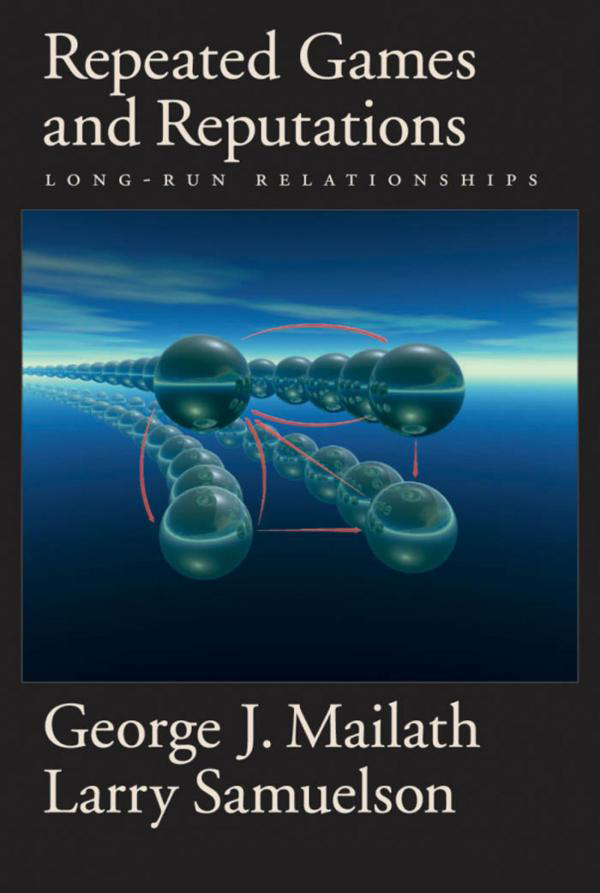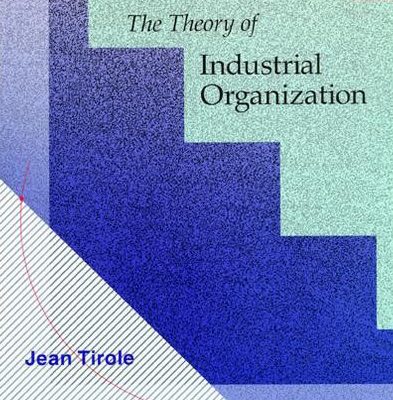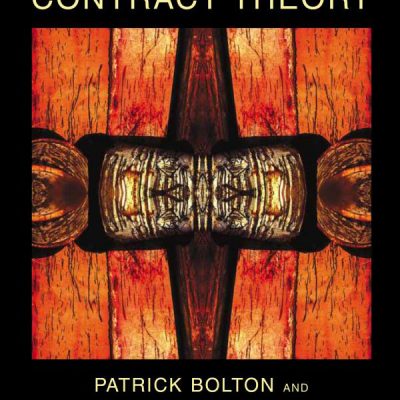Description
This book begins with a careful development of fundamental concepts, including the notions of a repeated game, strategy, and equilibrium. It synthesizes and unifies the vast body of work in repeated games and reputations, bringing the reader to the research frontier. Detailed arguments and proofs are given throughout; they are interwoven with examples, discussions of how the theory is to be used in the study of relationships, and economic applications of the theory. The book will be useful to those doing basic research in the theory of repeated games as well as those using repeated games as tools in more applied research. The classic folk theorem and reputation results for games of perfect and imperfect public monitoring are presented, with the benefit of the modern analytical tools of decomposability and self-generation. More recent developments are also presented, including results beyond folk theorems and recent work in games of private monitoring and alternative approaches to reputations. The book provides an integration of game theory and economics, moving from the theory of repeated games to the study of economic relationships.




Reviews
There are no reviews yet.